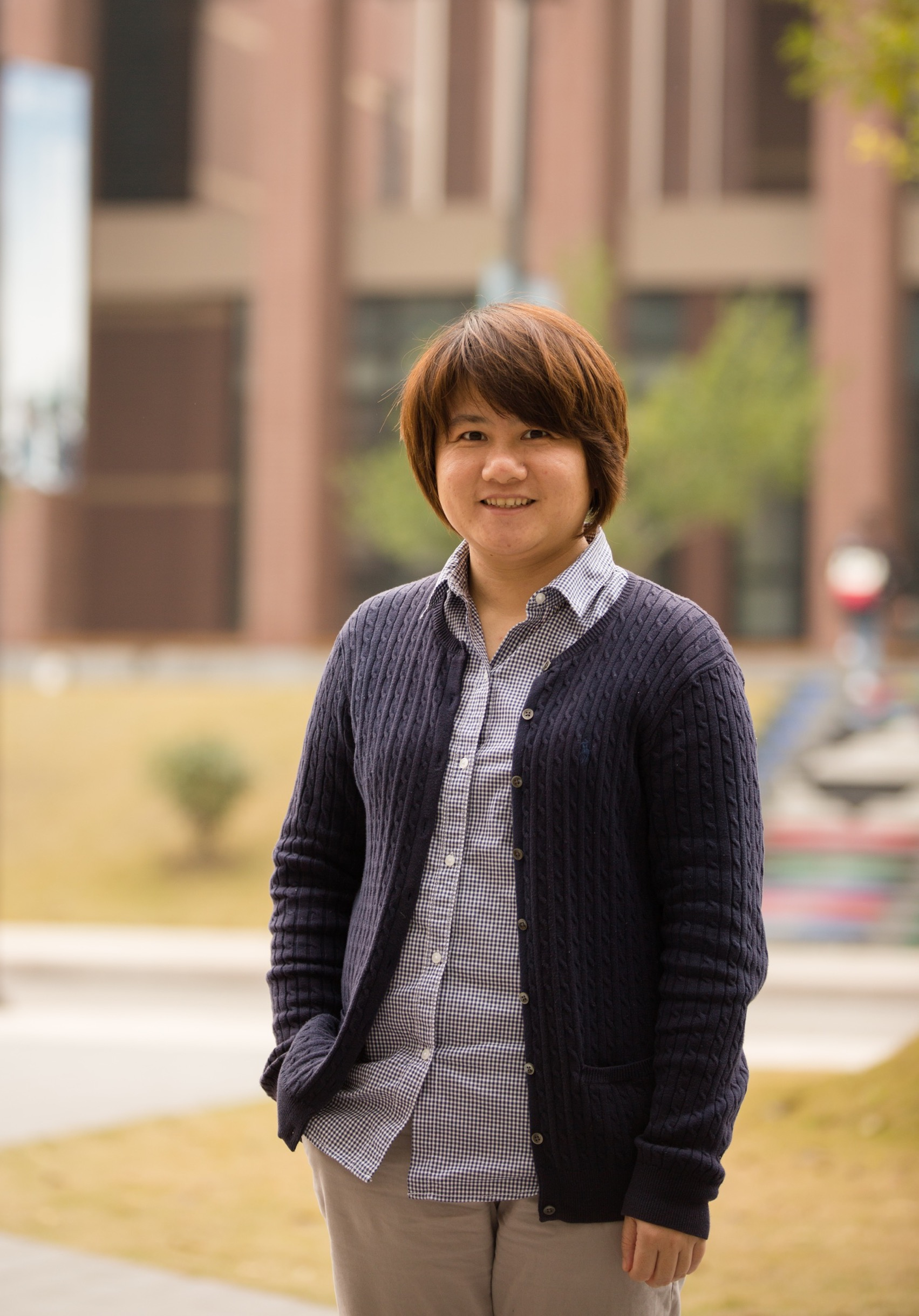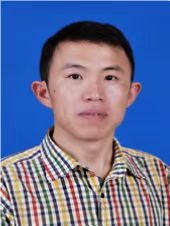
| Prof. Eduard Babulak (IEEE Senior Member)US National Science Foundation, USAHonorary Chair, Chief Mentor & Senior Advisor, Core Advisory Committee at the World Assessment Council Introduction: Professor Eduard Babulak, is accomplished international scholar, researcher, consultant, educator, professional engineer and polyglot, with more than thirty years of experience. He served as successfully published and his research was cited by scholars all over the world. He serves as Chair of the IEEE Vancouver Ethics, Professional and Conference Committee. He was Invited Speaker at the University of Cambridge, MIT, Purdue, Yokohama National University and University of Electro Communications in Tokyo, Japan, Shanghai Jiao Tong University, Sungkyunkwan University in Korea, Purdue, Penn State in USA, Czech Technical University in Prague, University at West Indies, Graz University of Technology, Austria, and other prestigious academic institutions worldwide. His academic and engineering work was recognized internationally by the Engineering Council in UK, the European Federation of Engineers and credited by the Ontario Society of Professional Engineers and APEG in British Columbia in Canada. He was awarded higher postdoctoral degree DOCENT – Doctor of Science (D.Sc.) in the Czech Republic, Ph.D., M.Sc., and High National Certificate (HNC) diplomas in the United Kingdom, as well as, the M.Sc., and B.Sc. diplomas in Electrical Engineering Slovakia. He serves as the Editor-in-Chief, Associate Editor-in-Chief, Co-Editor, and Guest-Editor. He speaks 16 languages and his biography was cited in the Cambridge Blue Book, Cambridge Index of Biographies, Stanford Who’s Who, and number of issues of Who’s Who in the World and America. Fellow of the Royal Society RSA, London, UK; Chartered Professional IT Fellow, Mentor and Elite Group Member of British Computer Society, London, UK Invited Panel Member for National Science Foundation Graduate Research Fellowship Program, USA Expert Consultant for EU HORIZON2020 & CORDIS FP6 – FP7 European Commission, Brussels, Belgium Mentor and Senior Member of the IEEE and ACM, USA Nominated Fellow of the Institution of Engineering and Technology, London, UK and Distinguished Member of the ACM, USA Chartered Member of the IET, London, UK Professional Member of American Society for Engineering Education, American Mathematical Association, and Mathematical Society of America, USA Title: Third Millennium driven by the AI Abstract: Given the current dynamic developments in the field of Nano & Bio Technologies, Semiconductors, Very Large Scale Integration, New Materials, AI, Smart Medicine, and Humanoid Robotics, with the ubiquitous access to high-speed Internet 24/7, the Ultra-smart Cyberspace is becoming reality. The Smart Computational Systems are collecting, processing and analyzing a real-time medical data utilizing the Electronic Health Record (EHR) to fast treatment, prevention and healing of the wave of new viruses and diseases and ultimately safe human lives. The areas of research in the field of Nano-Bio Technologies, Microelectronics, Computing and AI & Humanoid Robotics create a new platform for future e-Health utilizing new biomechanical humanoid devices. In light of currently ongoing developments of Covid-19 crisis, having effective real-time application of Ultra-smart Cyberspace, with applied AI & Robotics and Big Data will support critical live saving surgeries in Next generation tele-Medicine. Due to Covid-19, the humanity lives in the most dramatic times, yet despite of its most negative impact it does also inspire dynamic innovation, research and developments in the world of health, business, government, industry, plus., while promoting seamless creation of multidisciplinary teams of experts in the nation and worldwide. The author discuss the AI driven Third Millennium with current and future dynamic trends in research, innovation and developments of Computational Mechatronics, Electronics, Semiconductor & VLSI, New Materials, AI, Smart Health, and cutting-edge Humanoid Robotics that would provide support to save lives and to make best real-time decisions worldwide. |
Prof. Rongjuan ChenWenzhou-Kean University, ChinaIntroduction:Prof. Rongjuan Chen graduated with a bachelor degree of Civil Engineering from Southeast University, a master degree of Management Science, and a doctorate degree of Management and Information Systems from Stevens Institute of Technology. She has been working as a Management Consultant in China, and later a Data Scientist in New York City. Dr. Chen has presented her research at prestigious conferences including HICSS and PACIS, one of which was nominated for a Best Paper Award. Besides, she has published in numerous proceedings and journals. At WKU, she has taught courses including Business Statistics, Operations Management, Human Resource Management, and Principles of Marketing. Title: A Study of the Digital Economy Development in Wenzhou, China Abstract: Digital economy development has gained considerable recognition of the governments and citizens in China. In the past decades, developing digital economy has focused more on the economic outcomes. In a recent study, we propose that digital economy development should concern about sustainable economy and society. We develop a theoretical framework for the digital economy in Wenzhou, China, by considering digital ecological development (DED) based on digital economy (DE), social development (SD), and environmental protection (EP). With this research model, we claim that the capacity of a society to gain competitive advantage in terms of sustainability is related to digital economy but also some other aspects of economic development within a social system. The three pillars of digital ecological development, as addressed above, can be interrelated and they are crucial in supporting our society’s sustainability. The research model can be elaborated as: DED = DE + SD + EP. Based on this model, we can further examine the relationship between digital economy and digital ecological development. The results can allow us to make recommendations on how digital economy can contribute to the development of regional economy. By collecting and analyzing the historical data of Wenzhou’s digital economy development during 2014-2017, we discuss the dynamics of digital development of the twelve districts in Wenzhou, China. We compare the level of digital economy development across time and regions. Looking forward to the future, new research following this direction can potentially make important implications for digital economy development in other regions from China. |
|
| A. Prof. Li YongkuiSchool of Economics , Southwest University of Political Science & Law, ChinaResearch fields:Digital economy, digital finance, financial risk management Introduction: Li Yongkui, Doctor of Management. He is now an associate professor of the School of Economics, Southwest University of Political Science and Law, master’s supervisor, and director of the Department of Digital Economy; Council members of the Risk Analysis Professional Committee of the China Disaster Prevention Association and Chongqing Industrial and Applied mathematics Association. He has published more than 20 academic papers in Asian Journal of Technology Innovation, China Management science, Journal of Systems Engineering and other journals, and presided over 6 vertical topics such as the Ministry of Education. Main research areas: digital economy, financial risk management, etc. Title:Macro-prudential policy and risk-taking of commercial banks: From the perspective of banks’ digital transformations Abstract:Macro-prudential policy plays a crucial role in stabilizing the financial system and influencing banks’ risk preferences and willingness to take risks. This study examines the influence of macro-prudential policies on bank risk-taking using unbalanced panel data from 126 commercial banks in China between 2010 and 2021. The difference-in-differences model is employed to analyze the data. The empirical findings demonstrate that implementing macro-prudential policies in China effectively enhances bank risk prevention measures. In other words, macro-prudential policy implementation facilitates the digital transformation of banks and subsequently reduces risk-taking behaviors. Moreover, the heterogeneity test reveals that macro-prudential policies have a more significant impact on the risk-taking behavior of commercial banks with higher capital adequacy ratios compared to those with lower ratios. Additionally, commercial banks with strong interbank dependence exhibit more pronounced effects on their risk profiles when subjected to macro-prudential policies with stricter capital supervision requirements. Therefore, this study proposes policy recommendations for strengthening bank capital supervision through differentiated approaches, serving as a valuable reference for the regulatory authorities. |
A. Prof. Md Rabiul IslamUniversiti Utara Malaysia, MalaysiaIntroduction:Dr. Rabiul Islam is an academic and a highly profile researcher. He has more than 13 years of experiences in research as well as economics teaching. He is attentive to delegation and strikes to deliver the result with full commitment. As an economics academician, Dr. Rabiul Islam ensures his excellence in terms of teaching, sharing knowledge, creating new ideas, motivating his students and fellows. His core research areas are environmental economics, climate change, international studies, political economy etc. He taught several subjects in undergraduate and master’s level of economics related which he used different softwares in his filed such as E-views, Stata, SPSS. His excellent teaching performance evaluation, which is evaluated by the students, reflects his teaching effectiveness at bachelor and master’s degree level. Most of the times, he secured more than 95% in his teaching evaluation. He is involved with the supervision of Ph.D. scholars and internal reviewer at UUM as well as external reviewer in different universities in different countries. He received excellent service award in 2021 for his academic and research excellence in University Utara Malaysia as a significant recognition. In addition, he has not only contributed in UUM but also in Malaysian economy, that is why he received a Resident Pass Talent (RPT) in Malaysia which he got from Malaysian government. He has published over 150 papers in highly reputable journals and presented in international conferences in front of world-renowned audiences in the respective fields. He has also Scopus H-index 13, Research gate H-index 15, Google scholar H-index 24 which shows the internationally recognized and outstanding achievements. Title: ImpactofClimateChangeonSmall-ScaleFishingCommunities Abstract: The populations involved in small-scale fishing activities in inland open-water environments are regarded as highly vulnerable groups. Fishery operations are of utmost importance in providing assistance for food nutrition and security, poverty reduction, and the promotion of sustainable livelihoods within communities. However, it is often observed that academics often underestimate the significance of their own contributions, both at the international and domestic levels. The current study assessed the impact of climate change on small-scale fisheries, focusing on their susceptibility. Two indices were used to estimate the vulnerability of livelihoods in this context. The Livelihood Vulnerability Index (LVI) was first used, afterwards followed by the application of the IPCC Vulnerability Framework Approach (LVI-IPCC framework). The main objectives of this study were to assess the vulnerability of small-scale fishing communities in relation to the impacts of climate change. To achieve the specified objective, a randomised sampling method was used to collect data on communities engaged in small-scale fishing situated within three districts or sub-districts. The folks under consideration originated from the regions of Chatmohor, Gurudaspur, and Tarash, and were involved in the profession of fishing. A detailed survey was undertaken, including a total of 300 families affiliated with the small-scale fishing industry, who were subjected to interviews. Overall, the results of the LVI and LVI-IPCC did not change the ranking of vulnerability status.Both approaches found that the households in Tarash were more vulnerable than those in Chatmohor and Gurudaspur. Furthermore, the current study has uncovered a myriad of obstacles faced by small-scale farmers, including insufficient food availability, restricted financial access, chronic illnesses, precarious access to clean water, unemployment, inadequate physical resources, lack of early warning systems, and limited participation in social networks. In order to improve the quality of life for persons engaged in the small-scale fishing industry, it is recommended that authorities enact changes to food regulations, healthcare infrastructure, access to informal finance, training initiatives, and the establishment of a robust early warning system. |
|




